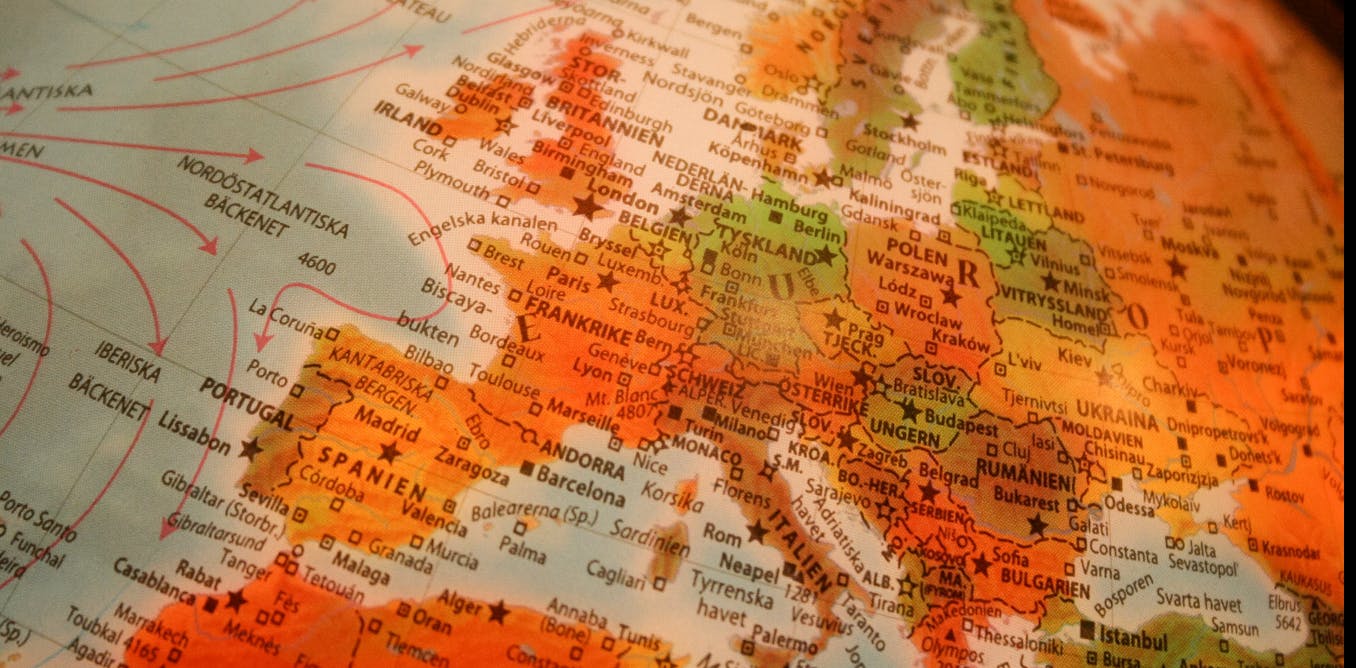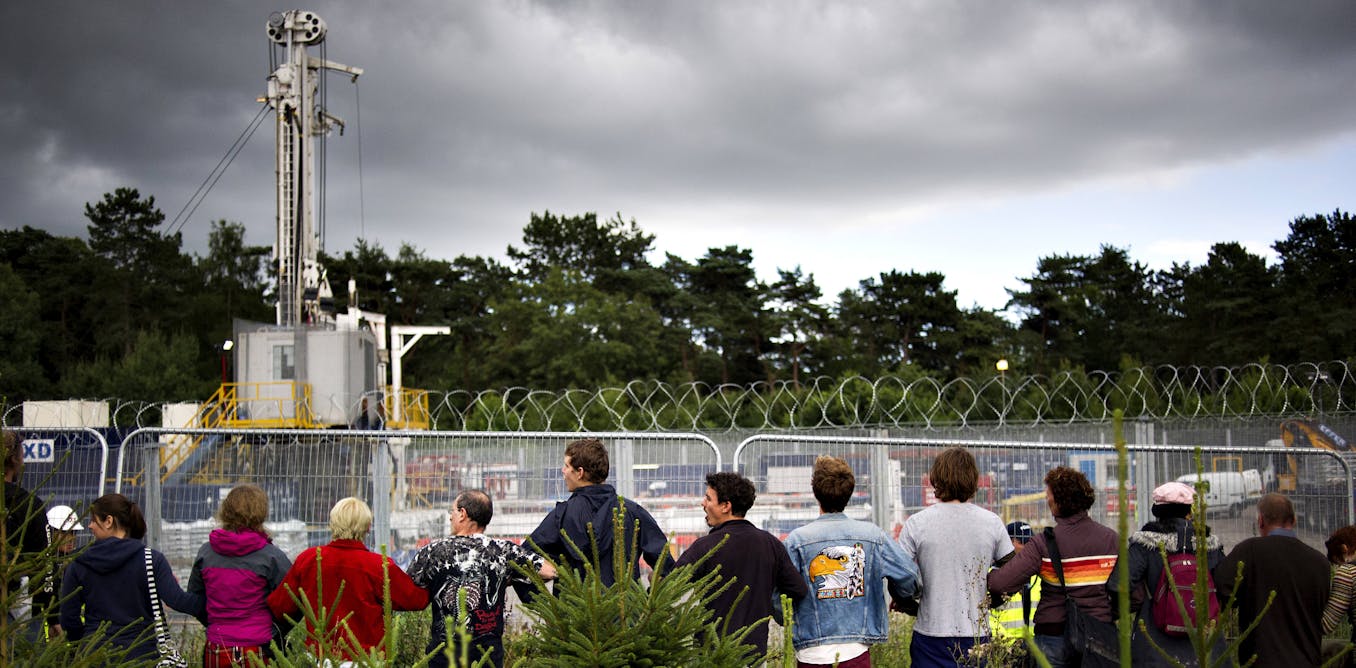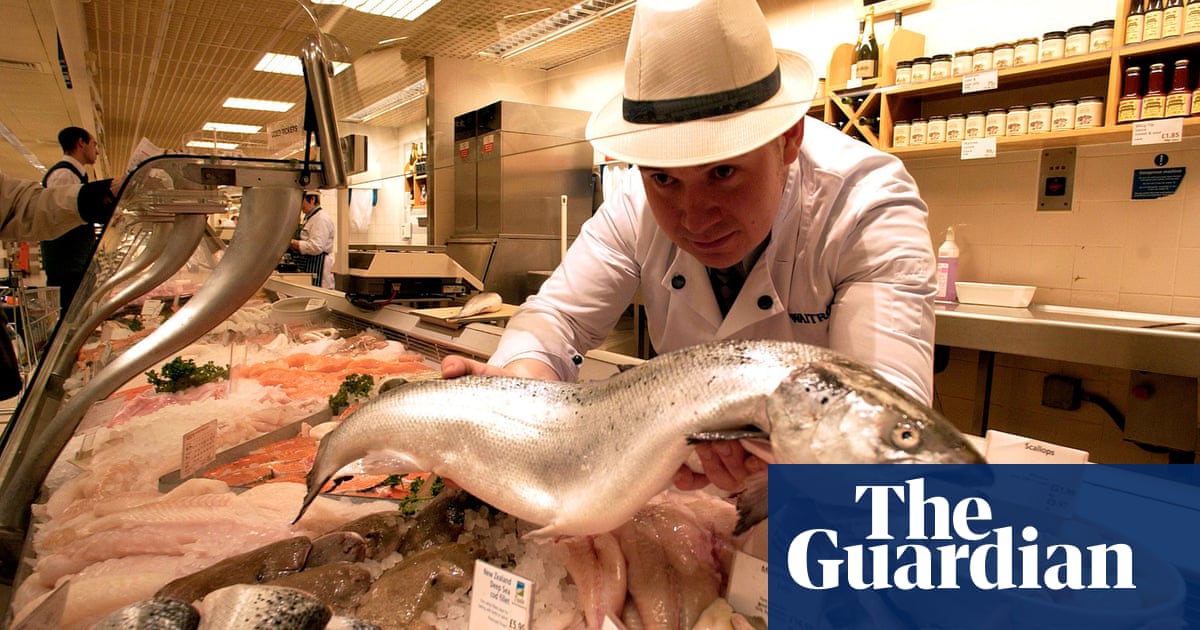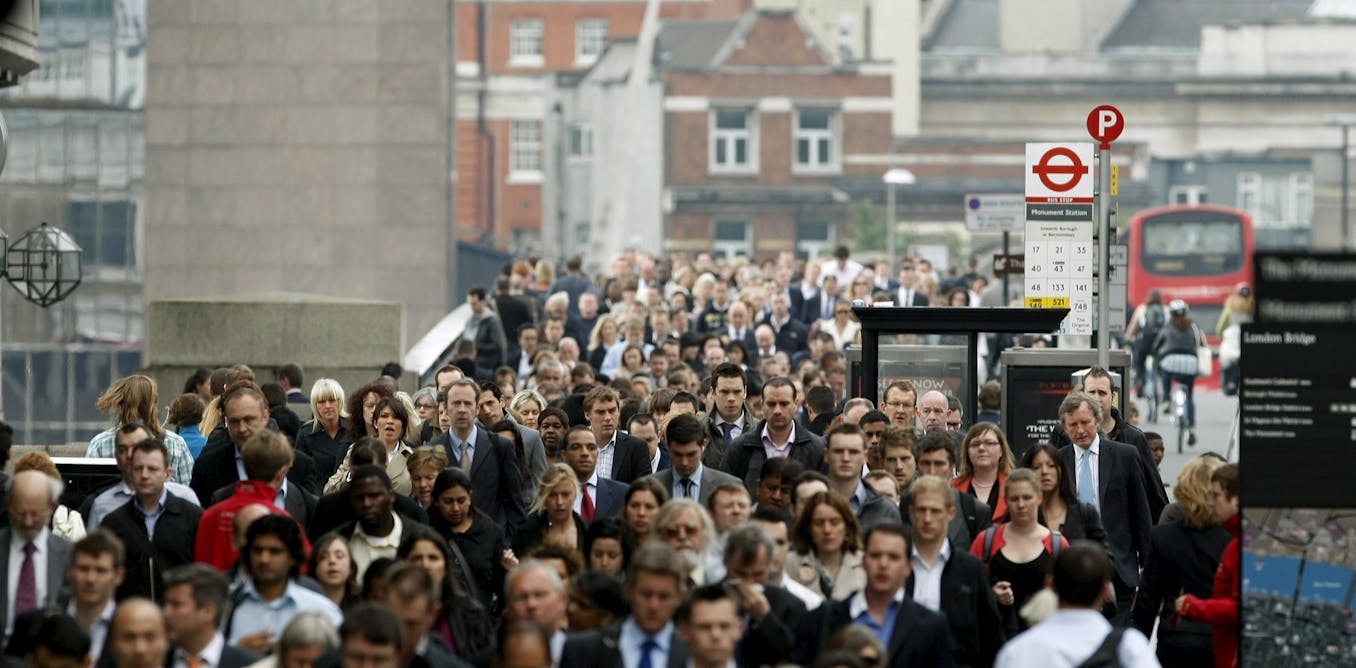Over the past ten years, car manufacturers have shifted away from advertising family cars. They are now promoting ever bigger, more polluting – but much more profitable – Sports Utility Vehicles (SUVs). As a result, more and more people are buying these dirtier vehicles. It’s time to stop advertising SUVs.
This trend is pushing overall vehicle emissions in the wrong direction. These larger, heavier vehicles worsen congestion, andmake the roads less safe for pedestrians and cyclists.
Normally a petition like this would use advertising on Facebook. However, paid Facebook ads would be completely at odds with the aims of this campaign. Facebook has been pivotal in creating an alt-truth media landscape where fascism and denialism can flourish. So the petition is being promoted through organic resources.
The New Weather Institute and Possible are calling for an immediate end to advertising of these vehicles. We need to stop adverts fuelling the climate emergency. Their petition calls on the Department for Media, Culture and Sport to end advertising for climate-wrecking SUVs. Please add your name:








